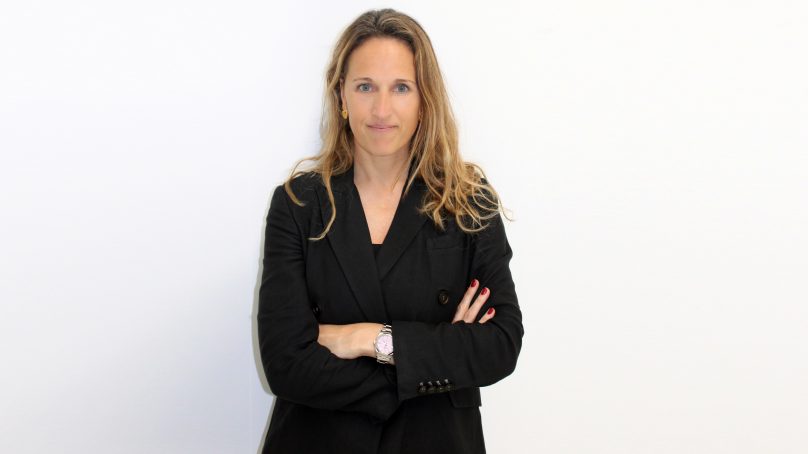Praised for her innovative mindset, Marloes Knippenberg, CEO of Kerten Hospitality, is a distinguished hospitality leader. Here, she discusses the trends shaping the dynamic industry.
What are the key trends shaping the hospitality industry?
In the dynamic Middle East hospitality scene, several key trends are shaping the industry’s future. Health and wellness are gaining traction. Furthermore, there’s a growing preference for farm-to-table dining experiences. Authentic connections with local cultures and communities are highly sought after by travelers. This is driving demand for meaningful experiences. The rise of digital nomadism is influencing hotel spaces, making them conducive to longer stays and remote work.
At Kerten Hospitality, we prioritize personalization and community engagement. Our chief experience officer curates dynamic event calendars tailored to guests’ preferences. This fosters genuine local interactions. Our integrated living hotels and residences serve as more than just accommodations — they’re vibrant communities where authentic connections thrive. This focus on bespoke experiences sets us apart, appealing to travelers seeking meaningful engagement in the competitive Middle East hospitality landscape.
What are the challenges faced by the industry?
First, there’s the evolving nature of consumer expectations. Today’s travelers seek unique, personalized experiences rather than one-size-fits-all solutions. Staying relevant requires continuous innovation in service and personalization.
Additionally, the digital transformation poses both a challenge and an opportunity. Businesses must integrate new technologies to enhance guest experiences and operational efficiency. Yet, they must do so without losing the personal touch crucial in hospitality.
Sustainability is another critical issue. Consequently, the industry faces increasing pressure to reduce its environmental impact and implement sustainable practices. This involves everything from reducing waste to choosing eco-friendly suppliers.
Finally, the workforce is a significant focus, particularly in retaining skilled staff and adapting to changing labor market demands. The industry must invest in training and development.
It’s crucial for hospitality companies embarking on development projects to foster stronger ties with local communities. This entails ensuring their involvement in the overarching development strategy.
What is the importance of women in hospitality and how is Kerten Hospitality empowering Saudi female entrepreneurs?
Having women in leadership roles is crucial for the hospitality industry. Diverse leadership brings fresh perspectives, fosters innovation and drives progress.
Women contribute empathy, teamwork and resilience, essential for creating inclusive workplace cultures. At Kerten Hospitality, we envision a future where leadership is defined by capability and influence, regardless of gender.
Moreover, empowering women in hospitality goes beyond quotas. It’s about leveraging diverse talent to build dynamic and successful businesses.
Furthermore, our brand Nakhati Gelato is dedicated to empowering Saudi female entrepreneurs. We’re currently working on franchising opportunities for 50 Saudi women. This includes offering a prominent family office the opportunity to franchise 20 kiosks and 30 carts. It demonstrates our commitment to fostering gender equality.
What are your plans for Kerten Hospitality?
To date, Kerten Hospitality has demonstrated significant growth and expansion across various metrics. We operate 3,975 keys spread across eight cities. We aim to increase this number to 10,000 keys by 2030. Over 55 projects across key global markets are underway. These include projects in Rome, the South of France, Morocco, KSA and the UAE. This expansion underscores Kerten Hospitality’s commitment to blending cultural heritage with genuine hospitality.
Additionally, all current projects in our pipeline are focused on bespoke and lifestyle destinations, reflecting our commitment to specialized experiences.


















